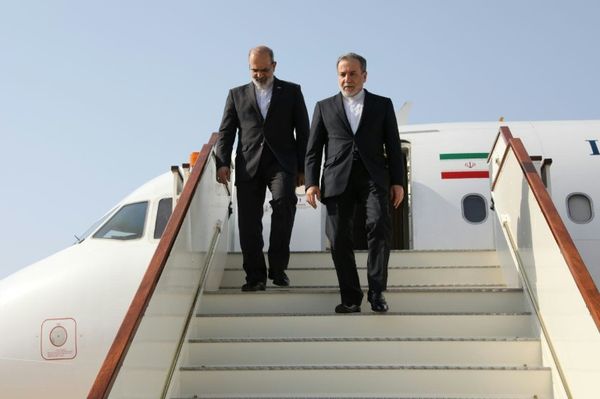
The industrialised Chinese coastal city of Wuxi is offering Nobel Prize winners up to 10 million yuan ($1.48 million) in housing subsidies to attract top talent in a national economy that is shifting towards innovation-driven development.
In recent years, big cities across China including rising tech hubs in the country's interior have rolled out incentives such as tax cuts to university graduates in a fierce grab for talent to upgrade their respective economies.
Chief among the incentives are rental or home-purchase subsidies in cities where property prices have soared and spending on housing eats up a big chunk of individual incomes.
The home purchase subsidies of 3 million yuan ($443,203.47)to 10 million yuan ($1.48 million) offered by two districts in Wuxi for "Category A" talent including Nobel laureates in physics and chemistry are among the highest in the country, according to a local government statement on Wednesday.
The subsidies are generous in comparison to average home prices in the city. On average, home prices in Wuxi were 14,224 yuan per square metre in April, or 1.28 million yuan for a 90-square-metre (969-square-feet) apartment.
"Some other cities have also granted subsidies for home purchases, but the maximum amount is generally 2 million to 5 million yuan," said Yan Yuejin, research director of Shanghai-based E-house China and Development Institute.
A district in the southwestern city of Chongqing last week moved to reward top-ranking talent with outstanding contributions with up to 10 million yuan in home purchase grants.
The talent-grabbing programmes took off in 2017 as inland cities including Xian and Chengdu presented themselves to highly skilled workers as attractive alternatives to top-tier cities on the coast.
Xian, which is trying to transform itself into a Silicon Valley in northwest China, offered home purchasing subsidies of up to 1 million yuan, while the industrial hub of Wuhan in central China lured graduates with double-digit discounts when renting or buying homes.
($1 = 6.7689 Chinese yuan renminbi)
(Reporting by Liangping Gao and Ryan Woo; Editing by Christian Schmollinger)







